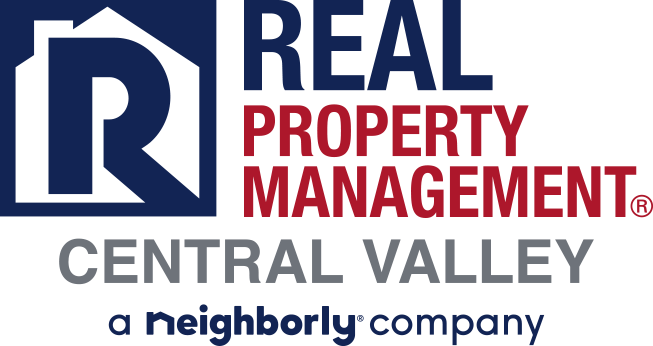Stocks vs. Rental Real Estate – Which Option Is Better In 2024?

Are you searching for information on stocks vs. rental real estate because you’re nor sure which option is best for your portfolio?
The decision between investing in stocks or rental real estate depends on various factors, including your financial goals, risk tolerance, time horizon, and personal preferences. Both stocks and rental real estate have their advantages and disadvantages, so it’s essential to consider your individual circumstances and investment objectives. Here are some key points to consider for each option:
Stocks:
Pros:
- Liquidity: Stocks are generally more liquid than real estate, allowing you to buy and sell them quickly on the stock market.
- Diversification: Stocks provide the opportunity to diversify your portfolio easily by investing in different sectors and industries.
- Passive Management: Investing in stocks can be less hands-on than managing rental properties, especially if you choose a passive investment strategy like index funds or exchange-traded funds (ETFs).
Cons:
- Market Volatility: Stock prices can be volatile, leading to short-term fluctuations in the value of your investment.
- Lack of Control: As a shareholder, you have little to no control over the management decisions of the companies you invest in.
Rental Real Estate:
Pros:
- Cash Flow: Rental properties can generate ongoing rental income, providing a steady cash flow.
- Appreciation: Real estate has the potential for property value appreciation over time.
- Tax Benefits: Real estate investors may benefit from tax advantages, including deductions for mortgage interest, property taxes, and depreciation.
Cons:
- Management Responsibilities: Managing rental properties requires time, effort, and dealing with tenant-related issues.
- Lack of Liquidity: Real estate is generally less liquid than stocks. Selling a property can take time, and market conditions may impact the selling price.
- Market Dependence: Real estate values are influenced by local market conditions, and economic downturns can impact property values.
Considerations:
- Risk Tolerance: Stocks are often more volatile in the short term, while real estate may provide more stability. Consider your risk tolerance and investment timeline.
- Time Commitment: Real estate requires active management, while stocks can be more passive. Consider how much time you’re willing to commit to your investments.
- Diversification: Diversifying across asset classes can help manage risk. Some investors choose a combination of stocks and real estate to achieve diversification.
- Financial Goals: Your financial goals and objectives should guide your investment decisions. Whether you prioritize income generation, capital appreciation, or a combination of both will influence your choice.
Ultimately, there is no one-size-fits-all answer, and it may be beneficial to consult with a financial advisor to create an investment strategy tailored to your specific situation. Many investors also choose to diversify their portfolios by including a mix of both stocks and real estate investments.
Contact RPM Central Valley
At RPM Central Valley, our experienced team of property managers will help you get the most ROI from your rental property possible and consistent passive income.
Learn more about the services that we can offer you by calling us at (209) 572-2222 or click here to connect with us online.
